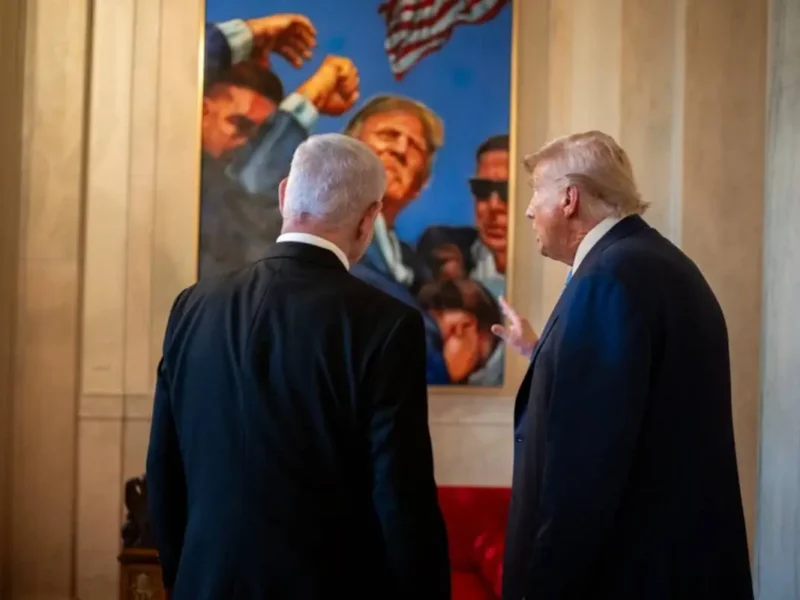
US Commission Proposes Manhattan Project-Style AI Funding Plan
WASHINGTON, DC (Reuters) – A U.S. congressional commission proposed a “Manhattan Project-like” initiative for the funding of artificial intelligence (AI) development in a larger push to stay ahead of China’s technological advancements.
The report issued November 18 by the bipartisan U.S.-China Economic and Security Review Commission, recommended Congress yield “broad multiyear contracting authority” to the executive branch for AI, cloud and data center companies for AI development.
Congress was advised to “establish and fund a Manhattan Project-like program dedicated to racing and acquiring an Artificial General Intelligence capability,” the report’s executive summary stated.
Generative AI is a type of AI technology that can create original text, images and other content based on the data it was trained on.
The Manhattan Project was a government research project that led to the production of the first atomic bombs.
“China has focused on developing emerging technologies such as artificial intelligence, quantum technologies, biotechnology, and battery energy storage systems,” the report wrote. “The United States has similarly realized the importance of technology competition with China and has significantly altered the policy environment.”
“However, if China manages to overcome these challenges, its rapid technological process threats U.S. economic and military and may erode the deterrence and stability in the Pacific, as well as tip the global balance of power.”
The commission further advised Congress to direct the Secretary of Defense to mark AI projects with the highest national priority designation.
The recommendations come amid mounting concerns China will have a military or technological edge over the U.S.
The Treasury Department cemented a final rule November 18 limiting those in the U.S. from investing in certain technologies to China, building upon President Biden’s executive order last year that blocked Americans from investing in Chinese sectors due to the chance the investments could improve the country’s military or intelligence capabilities.
Contention between the U.S. and China has flared up in recent years regarding multiple issues — including the U.S. government’s sanctions on Chinese citizens and officials, restricted imports of Chinese semiconductors, the debate over the Chinese-owned social media platform TikTok, and Taiwan.




